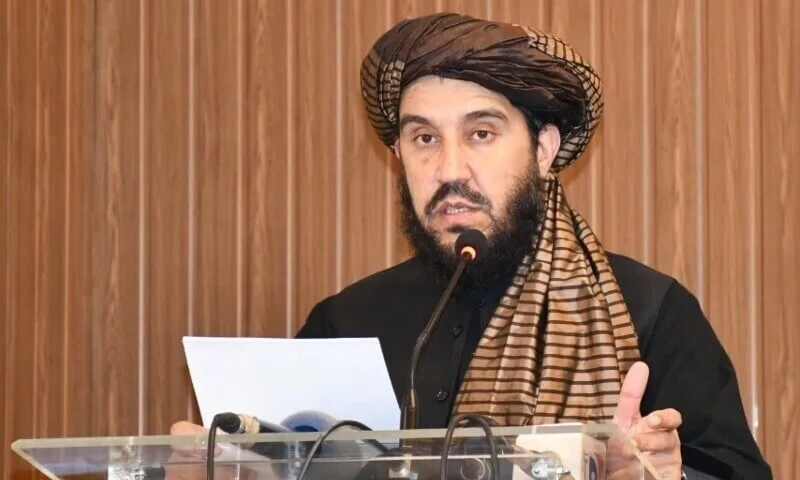Regional Security Cooperation and Current Status
Afghanistan’s Taliban government has taken a significant step forward in regional diplomacy by reinforcing its commitment to cooperation with Pakistan on critical security matters. This enhanced focus on bilateral cooperation comes at a pivotal moment:
- Comprehensive pledge to prevent cross-border terrorist activities
- Intensified security cooperation to address the surge of 59 terrorist attacks in August, up from 38 in July
- Development of joint security mechanisms for intelligence sharing and border management
- Strategic cooperation to combat the presence of militant groups, including TTP
Expanding Economic Cooperation Framework:
During a significant policy address, Afghan Chargé d’Affaires, Mawlawi Sardar Ahmad Shakeeb, emphasized the transformative potential of multilateral economic cooperation through the China-Pakistan Economic Corridor. The cooperation framework encompasses:
- Trade and Investment Cooperation:
- Strategic integration with China’s Belt and Road Initiative
- Development of a robust trilateral cooperation mechanism with China and Pakistan
- Implementation of enhanced bilateral trade cooperation protocols
- Creation of joint investment opportunities in key economic sectors
- Establishment of cooperative financial mechanisms
Addressing Challenges to Regional Cooperation:
The current Pakistan-Afghanistan relationship faces several obstacles that require cooperative solutions:
- Mitigation strategies for Western sanctions impacting bilateral cooperation
- Development of efficient border management cooperation systems
- Enhancement of customs cooperation and modernization
- Creation of joint committees for tariff harmonization
- Establishment of dispute resolution mechanisms for trade issues
Fostering Regional Integration through Infrastructure Cooperation:
Afghanistan is actively positioning itself as a vital cooperation bridge between South and Central Asia, demonstrated through several major collaborative projects:
- Strategic Infrastructure Cooperation:
- Advanced implementation of the Turkmenistan-Afghanistan-Pakistan-India pipeline project
- Acceleration of Trans-Afghan Railway development through international cooperation
- Progress on the CASA-1000 power project through multi-national cooperation
- New cooperation framework with Kazakhstan for extended regional connectivity
- Development of integrated transportation corridors
Strengthening the Cooperative Framework:
To enhance regional economic integration, officials outlined several priority areas for increased cooperation:
- Joint development of modern trade infrastructure
- Implementation of integrated customs processes
- Coordination of cross-border transportation systems
- Enhancement of diplomatic cooperation channels
- Creation of joint working groups for economic initiatives
- Development of shared technological platforms
Future Prospects for Regional Cooperation:
The success of this regional integration initiative hinges on sustained cooperation across multiple domains. The Afghan government’s comprehensive approach to cooperative security measures, while simultaneously promoting economic partnerships, demonstrates a mature understanding of regional dynamics.
The recent seminar on “Strengthening Economic Ties” served as a platform to showcase the immense potential for enhanced regional cooperation. Despite existing challenges, the strong commitment to multilateral cooperation provides a solid foundation for improved regional integration and development.
The effectiveness of these cooperative initiatives will depend on:
- Sustained diplomatic engagement at all levels
- Regular evaluation and adjustment of cooperation mechanisms
- Continuous enhancement of security cooperation
- Progressive development of economic cooperation frameworks
- Active participation from all regional stakeholders
This renewed emphasis on comprehensive cooperation marks a significant evolution in regional relations, potentially leading to enhanced security, economic growth, and shared prosperity across South and Central Asia. The success of these initiatives will require unwavering commitment and coordinated action from all participating nations to create a secure, stable, and economically vibrant regional environment.

